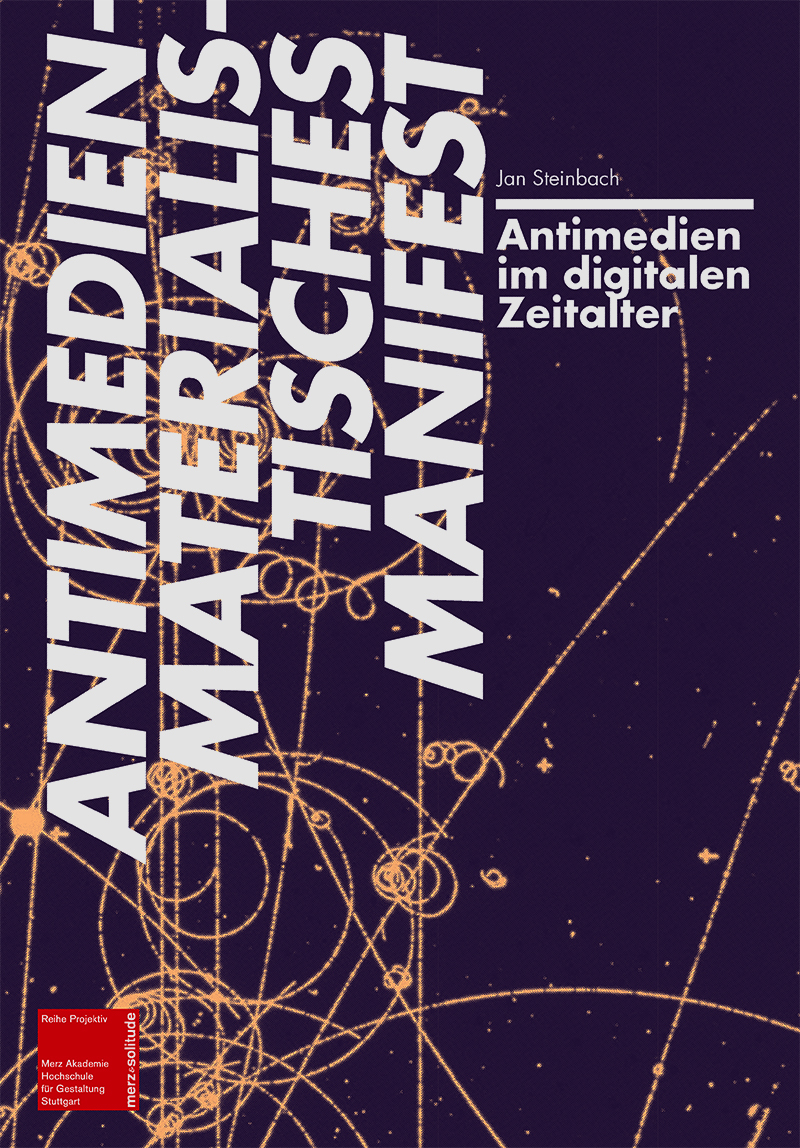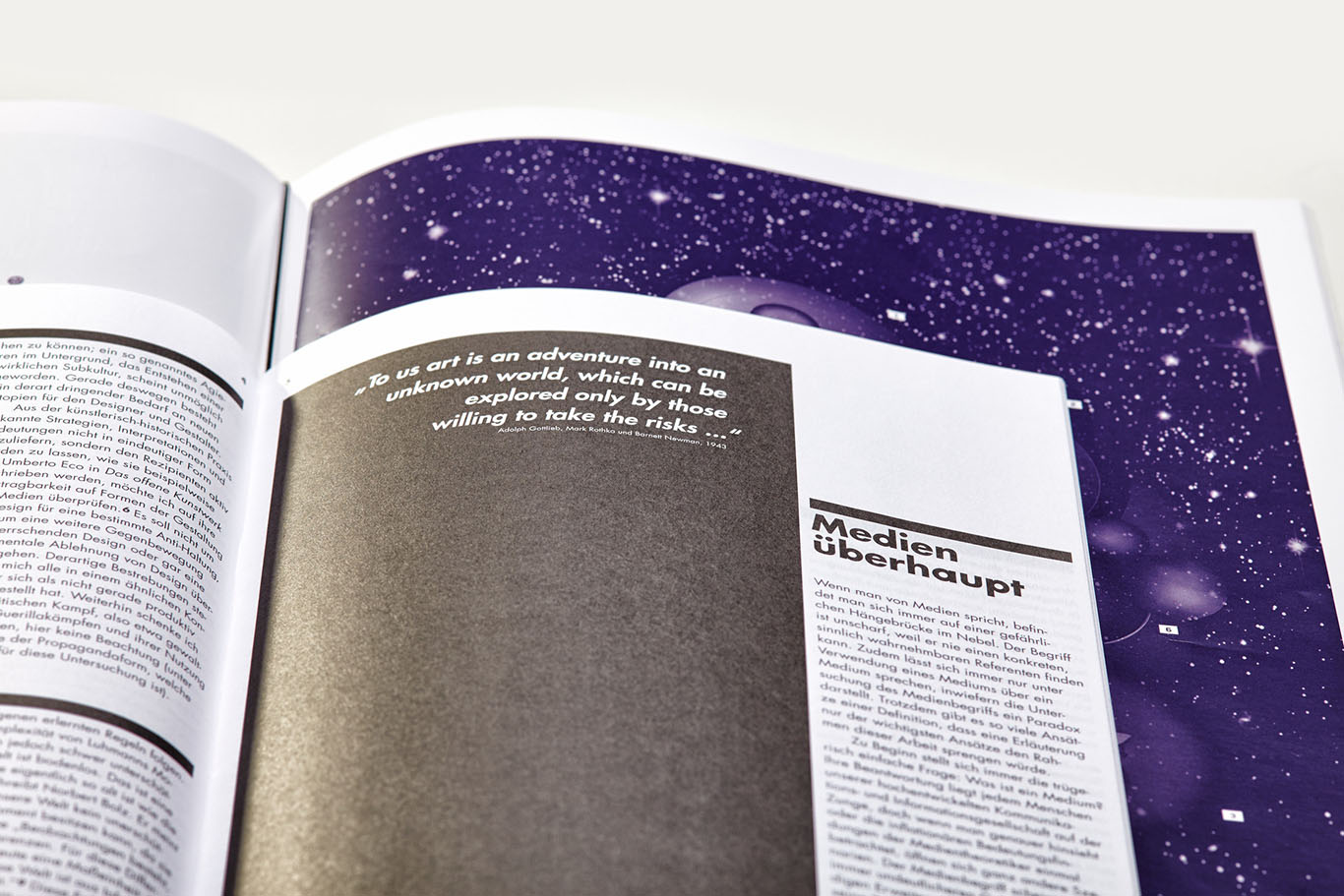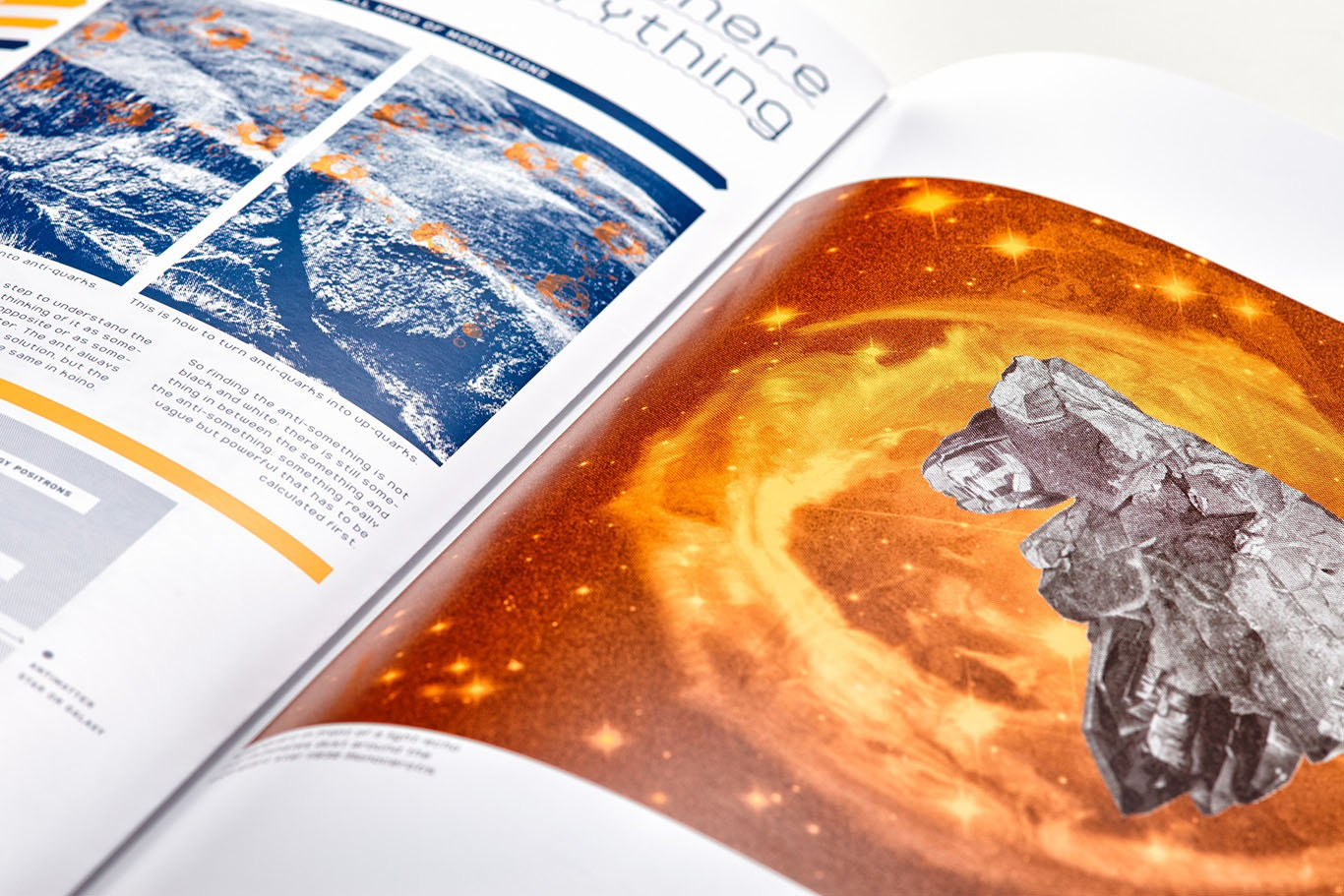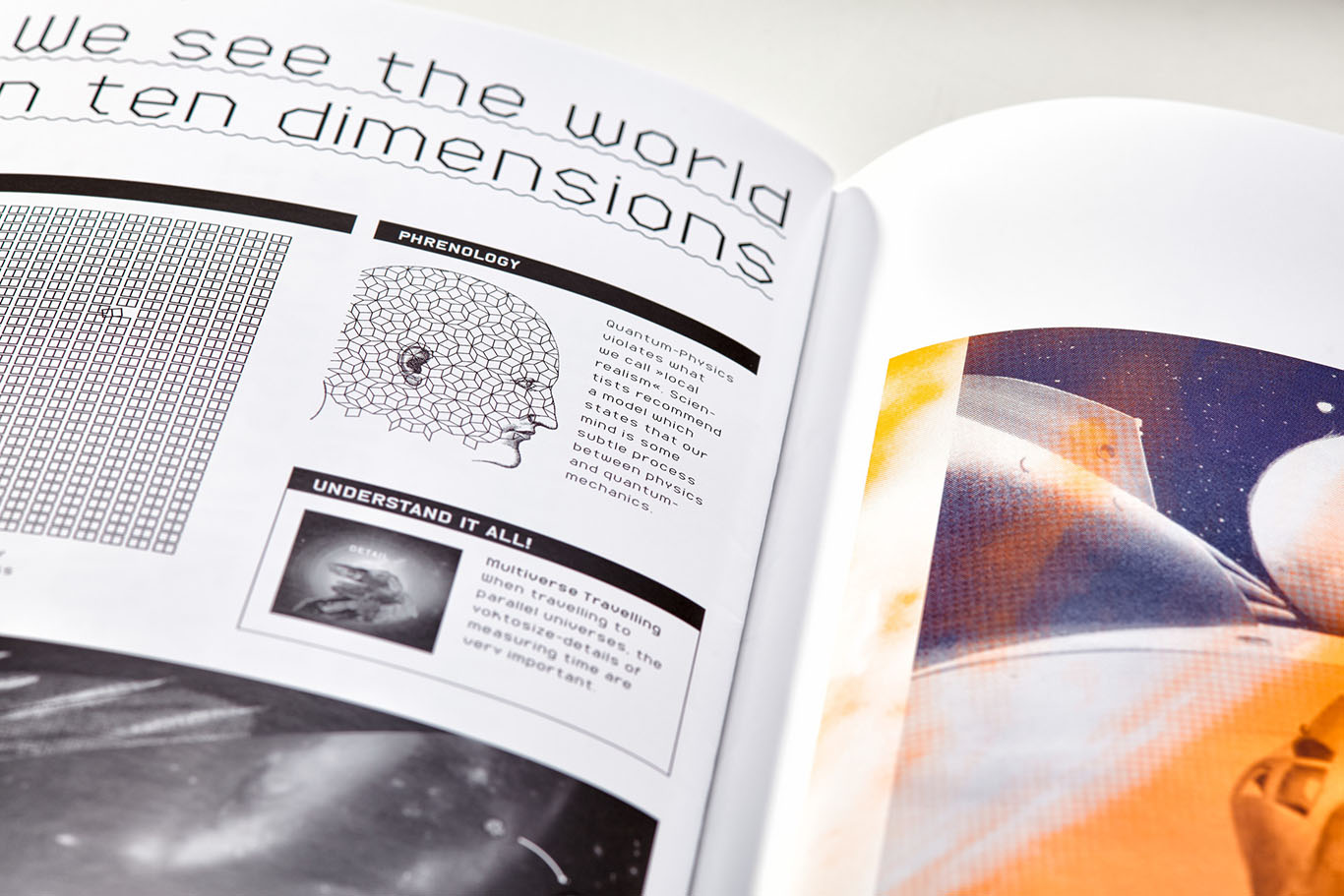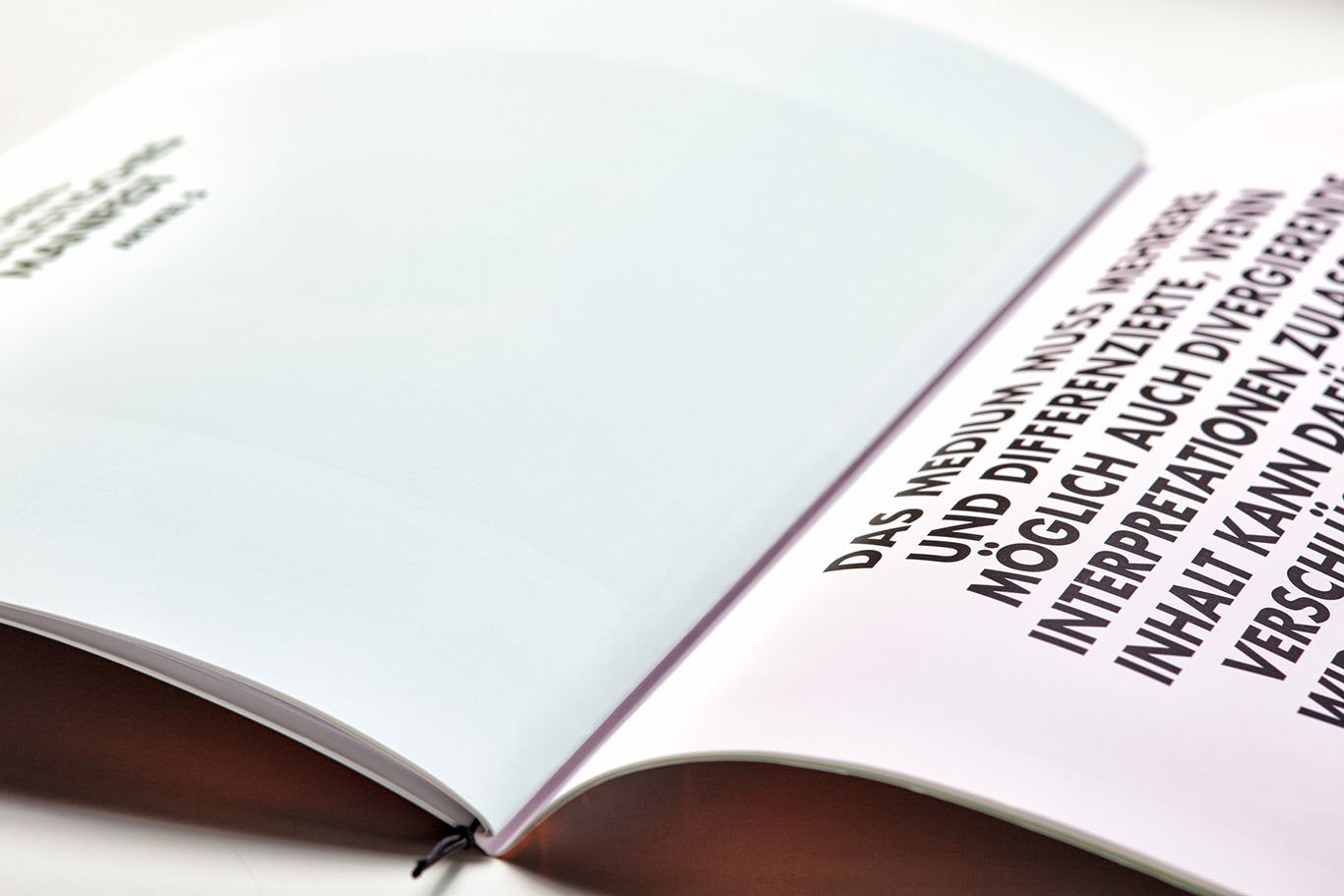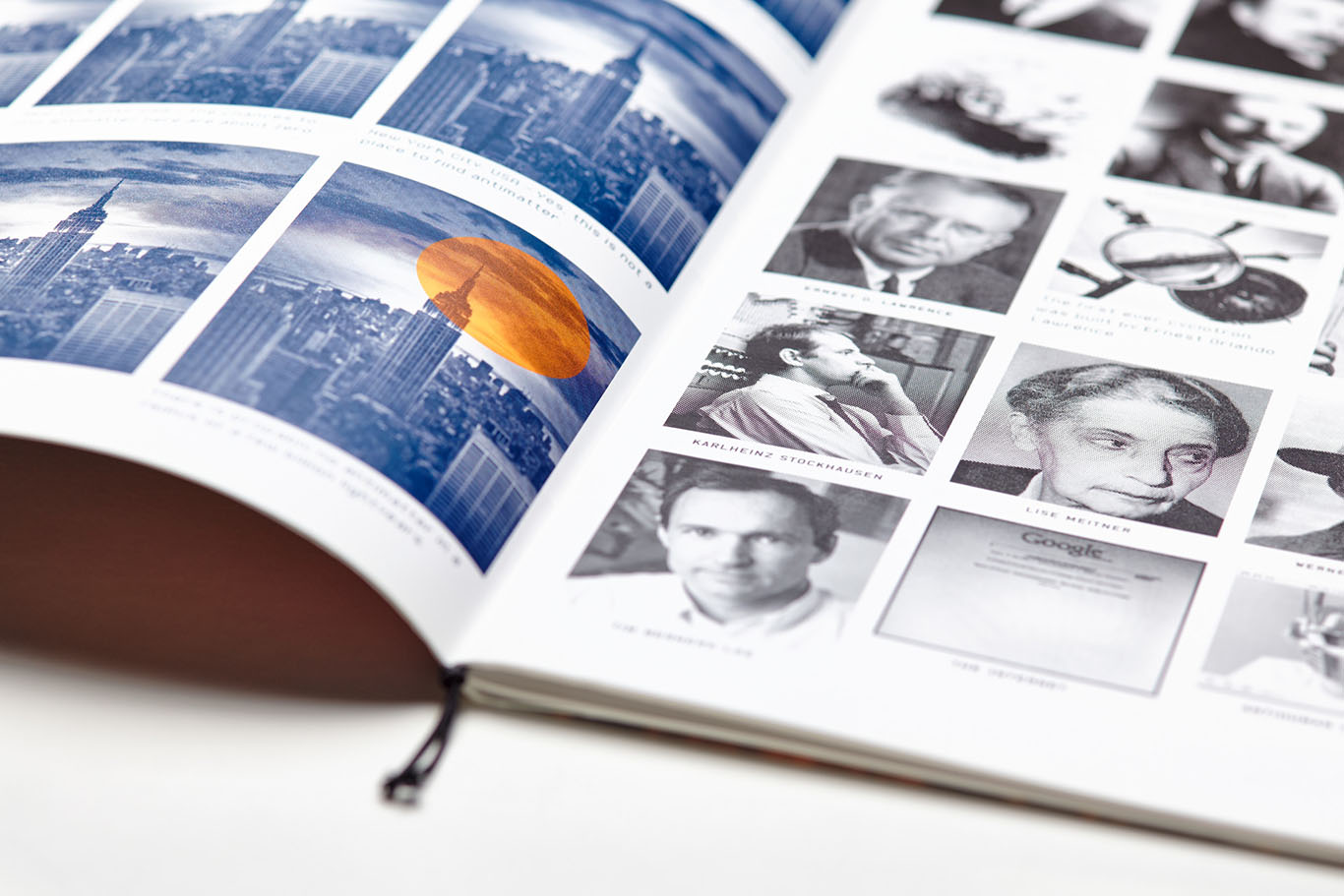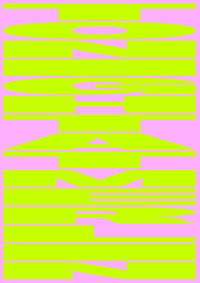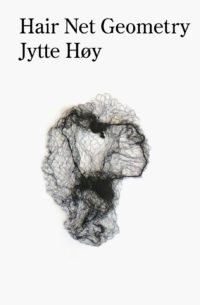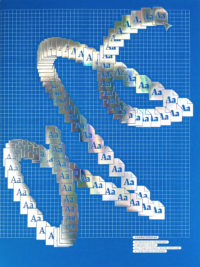Antimedien im digitalen Zeitalter
(Mass-) media communicate, and they are designed media-specifically in order to communicate optimally. This everyday view of the media is in many ways problematic. For example, it remains unclear what exactly “optimal” means: optimal in the sense of the recipients’ understanding of the information transmitted, or optimal in the sense of the best possible exploitation of capital?
What if, according to Brecht’s radio theory, mass media are usually not just communicating? Then optimal media design–in the sense of a dialogical, mutually open, “democratic” communication process–would mean that the structure of the existing media would first have to be reversed. In this sense Karl Kraus already spoke of an “anti-medium.”
Starting from this term, Jan Steinbach attempts a small theory of the anti-medium in “Antimedien im digitalen Zeitalter” (or in English: Anti-media in the digital age), taking up various art and media-critical approaches of the historical avant-garde but also referring to current movements of a self-proclaimed “communication guerilla.”
“Anti-medium” is a (mass-) medium, which in contrast to the dominant media activates the recipient instead of merely numbing him.
The booklet “Antimedien im digitalen Zeitalter” is looking for new communication strategies. It consists of a cultural-theoretical essay that deals with the abstract problem of the anti-medium. On the other hand, it offers an illustrated magazine that makes a creative attempt to be an anti-medium itself. The work is completed by an “anti-media-materialist manifesto,” which works as a kind of guide for the creation of an “anti-medium.”
Jan Steinbach, born 1983, studied communication design at the Merz Akademie Stuttgart.
Merz Akademie
Jan Steinbach
26,8 × 38,8 × 0,4 cm
48 pages
German
2009
978-3-937982-24-3
